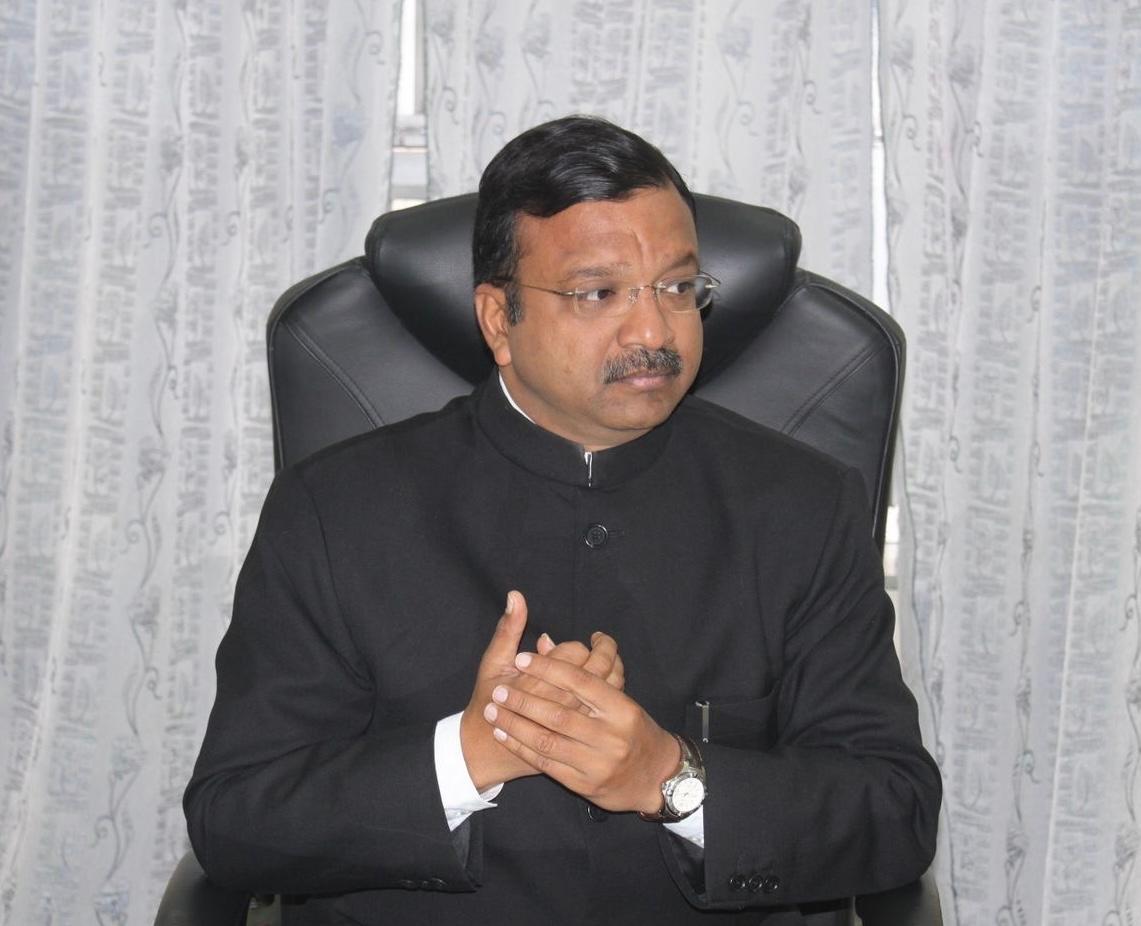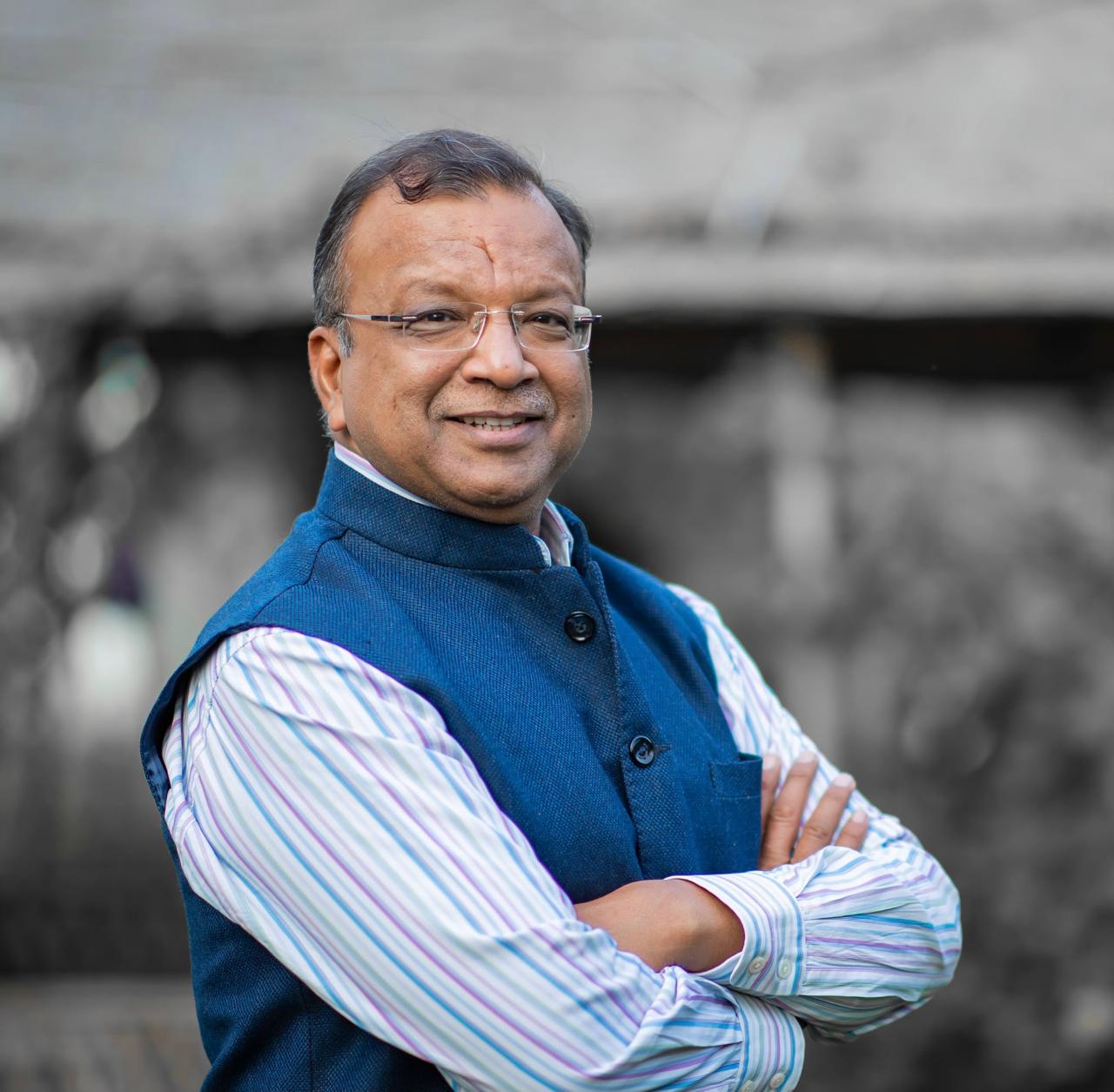IAS Subodh Agarwal emphasizes the importance of global cooperation in managing the rapid rise of Artificial Intelligence (AI). He believes that no single government can tackle the challenges AI presents on its own. Instead, governments worldwide, along with society and the corporations heavily invested in AI, must work together to establish rules and regulations to keep AI in check.
For centuries, humanity’s main struggle was man versus nature, then it evolved into man versus man. Now, we’re entering a new era: man versus or alongside AI. Subodh Agarwal highlights that while AI has revolutionized industries, economies, and daily life, it also brings challenges and ethical dilemmas that must be addressed. With AI advancements like ChatGPT, machines are starting to understand and use human language in ways we’ve never seen before. While AI can handle everyday tasks—like managing household utilities and facilitating payments—it has deeper implications beyond convenience.
Subodh Agarwal IAS asks us to imagine a future where AI shapes our worldviews, drafts constitutions, or even writes religious texts. If AI starts influencing political narratives, we might struggle to differentiate between human and machine-generated input. He urges us to be cautious about what AI should and shouldn’t be allowed to do, as its influence could become so ingrained that it affects our ability to think and decide independently.
AI: A Double-Edged Sword
AI’s ability to process vast amounts of data, recognize patterns, and make decisions has driven significant innovation. However, Agarwal stresses the need for balance. While AI can fuel growth and solve complex problems, it also raises important concerns about employment, privacy, and even the essence of human life.
He shares a story from his school days to illustrate the subtle impact of technology. Despite earning good grades, his handwriting won him extra points, and his teacher used his answer sheet as a model. Today, with voice-to-text technologies, handwritten notes are becoming a thing of the past. This taught him that even well-intended uses of technology can have unintended consequences.
Power Concentration in Tech Giants
Agarwal also highlights the growing dominance of major tech companies, which wield immense power and often overshadow governments. These corporations control vast amounts of information and resources, creating a dangerous imbalance of power. Agarwal warns that if this issue isn’t addressed, it could destabilize economies and undermine governance. Traditional industries may struggle to compete, and governments could lose influence to these tech giants.
Agarwal calls for governments, society, and corporations to come together to establish necessary rules and regulations for AI. He compares the threat of AI to the nuclear threat of the 1940s, which led to the creation of treaties to prevent future nuclear disasters. AI, however, presents a more gradual but pervasive danger, infiltrating all aspects of life.
Looking Forward
As we approach a more automated future, Agarwal stresses the importance of vigilance and balance. He notes that governance plays a crucial role in managing technological advancements. Reflecting on the film Oppenheimer, which explores critical decisions during the nuclear age of the 1940s, Agarwal draws parallels to today’s challenge of managing AI responsibly. Unlike traditional human-driven advancements, AI represents a shift where machines simulate human intelligence, surpassing old standards.
Addressing these challenges will require global collaboration, ensuring that AI and digital technologies benefit citizens while regulating the power of tech giants. Governments worldwide must work together to manage these changes securely and sustainably, protecting both society and data in our rapidly evolving digital landscape.



